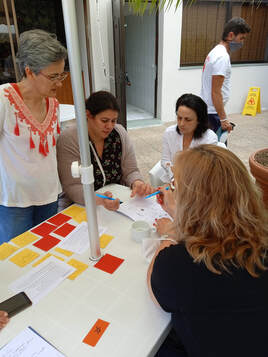 Have you ever wondered why children have such out-of-the-box ideas? Why they use their whole chest to say things that make no sense? As adults, we are familiar with societal rules that we have to follow; as children, we haven’t learned about them yet. For them, the world is their playground, it’s meant to be explored and experienced - to them reality is a game. And we think they’re onto something. The new edition of the course “Discover the power of Game Based Learning and Gamification in education” took place in Tenerife from 22/05/2022 to 28/05/2022. The participants came from all across Europe, with János HORVÁTH, Gabriella Nánási from BMSZC Újpesti Két Tanítási Nyelvű Műszaki Technikum in Hungary; Nina Kranjec, Marjeta Ferkolj Smolič from Primary school Grm Novo mesto in Slovenia; János Paszicsnyek - Bethlen Gábor Általános Iskola from Gimnázium Montessori Tagiskolája in Hungary; Ásta Henrikssen, Unnur Sigurbjörg from Eysteinsdóttir The Commercial College of Iceland; Constanța Poplăcean, Carmen Mihaela Seușan from Romania; Staša Tome from Prirodoslovni muzej Slovenije in Slovenia; Bartosz Nawrot from Heuresis Sp. z o.o. in Poland; Silvia Pokrivcakova, Hana Vancova from University of Trnava in Slovakia; Hana Hlaváčková from Hello Language School in Czech Republic; Paolo Bruno from ITS A. Volta in Italy; Priscila de Souza Mai from Phorms Schule Frankfurt in Germany; Maria Manuela Ribeiros Vicente, Nuno Alexandre Albuquerque Costa from Agrupamento de Escolas Gabriel Pereira in Portugal. Starting the week off with the participants’ expectations, fears, and contributions, everyone got to know one another. Throughout the week we were eager to explore each other's experience with the topic and more! In such a diverse group, we had lively discussions about game based learning, and found out about international learning approaches to gamification. One of the first things we discussed was the pedagogical value of playing and how games stimulate learning. Another crucial distinction - although subtle - was the difference between gamification and game-based learning. In the end, our group could clarify that gamification applies game elements into a non-game environment while game-based learning is a teaching approach where learning happens through playing the game itself. To apply this new gained knowledge, we came up with ideas on how to use traditional games like Taboo or Battleship for learning purposes. After exploring board games, we moved onto something more digital. With the guidance of our trainer, the group made their own online Escape Room game, which is supposed to make the students use their knowledge to reach this common goal of getting out. The last - but not least! - thing to mention was the treasure hunt in the city of Puerto de La Cruz. Our teachers had the chance to compete to the finish line, all whilst exploring a new digital tool. The group gained knowledge not only about the app, but about the city, too. All these fun tools and methods in mind - we came here to learn. Every step of the way the group was thinking on how to implement what they learned in their classroom, and how to tailor these new tools to the needs and expectations of their students. We are very proud of the progress they made and the games they designed themselves. With our participants having the opportunity to go back to childhood, the week flew past. We hope that the tools you have learned will help you bring a spark in the classroom. Remember what we learned on our trip - you can find the sunshine on the mountaintop! Discover more about this course at: https://www.erasmustrainingcourses.com/gamification.html
|
Welcome to the ELA Blog. Here you will find articles and photos of our courses and have a look at the topics addressed during the week in Bologna, Palermo and Tenerife. You will also have the chance to take a peek at our projects and check out what we have been up to.
Archives
July 2024
Categories |
-
Course catalogue
- 2023-2024 course catalogue
- Soft Skills >
- ICT and New Technologies >
- Inclusion and Diversity >
-
Innovative Teaching Methods
>
- Innovative teaching methods discovery
- Non-formal education teaching methods
- Dual education and work-based learning
- Teaching leadership and entrepreneurship
- Project based learning
- Game based learning and gamification
- Green skills
- Outdoor education
- Outdoor education trekking edition
- Promoting creativity and critical thinking
- Languages and EU projects >
- Preschool >
- Erasmus Plus KA1
- What we do
- About us
- Locations
- Blog
- Contact us
 English
English български
български Čeština
Čeština Español
Español Français
Français ελληνικά
ελληνικά Italiano
Italiano Polski
Polski Português
Português Română
Română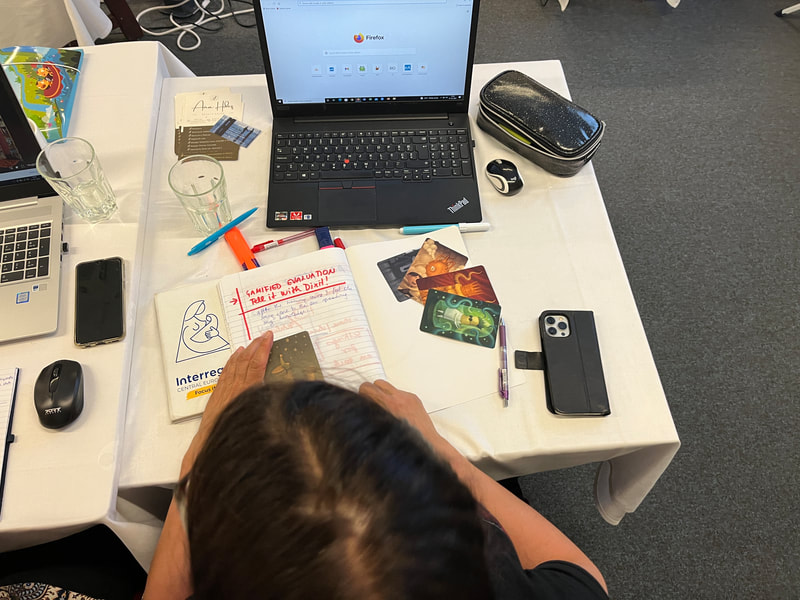
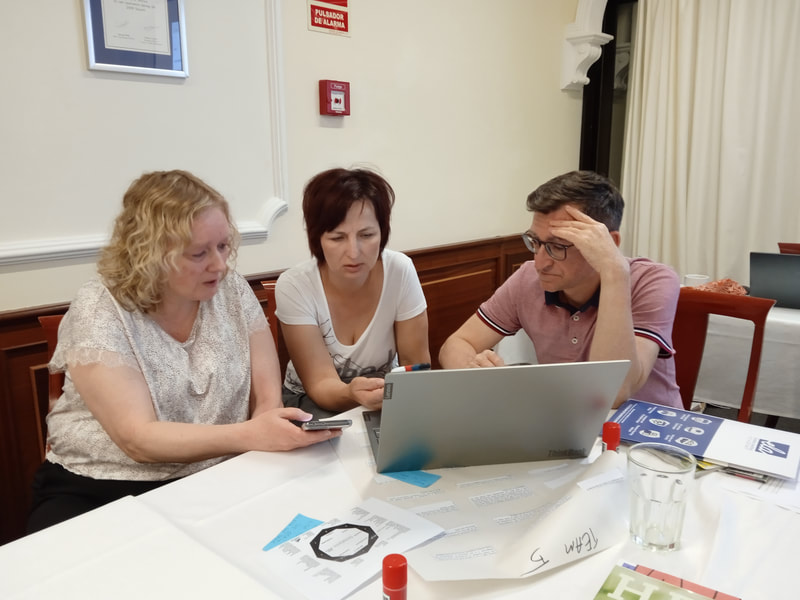
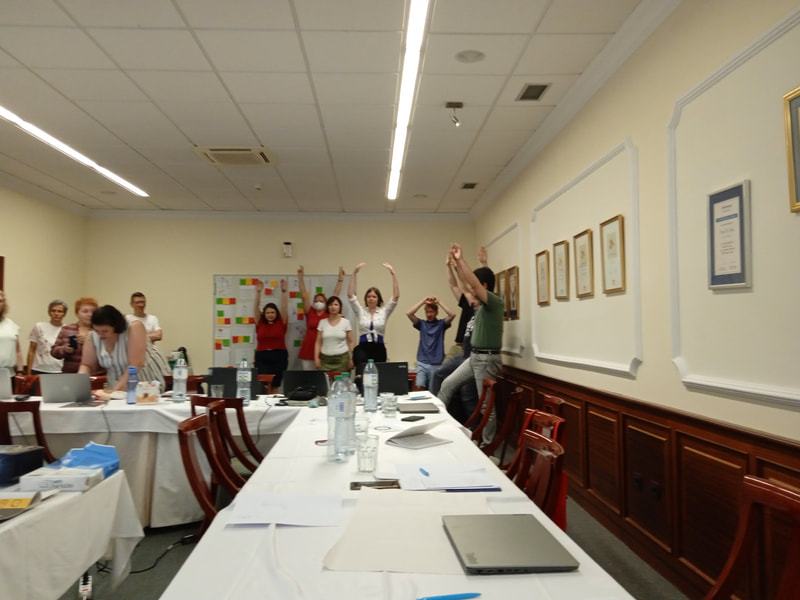
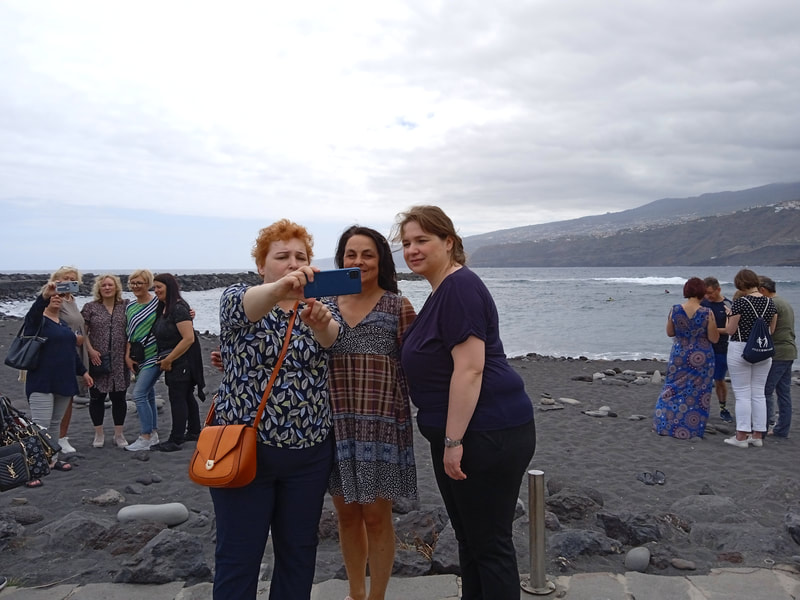
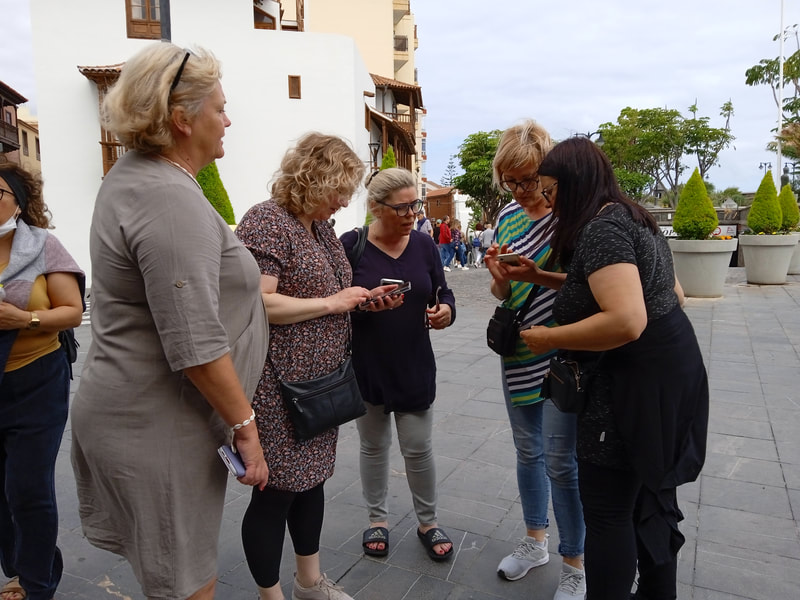
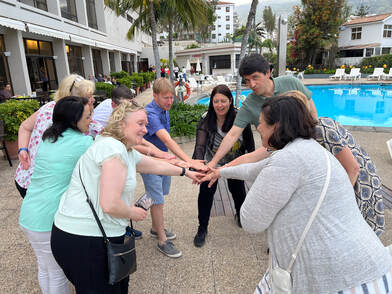
 RSS Feed
RSS Feed









